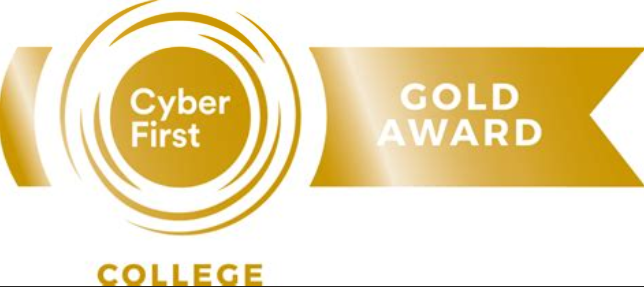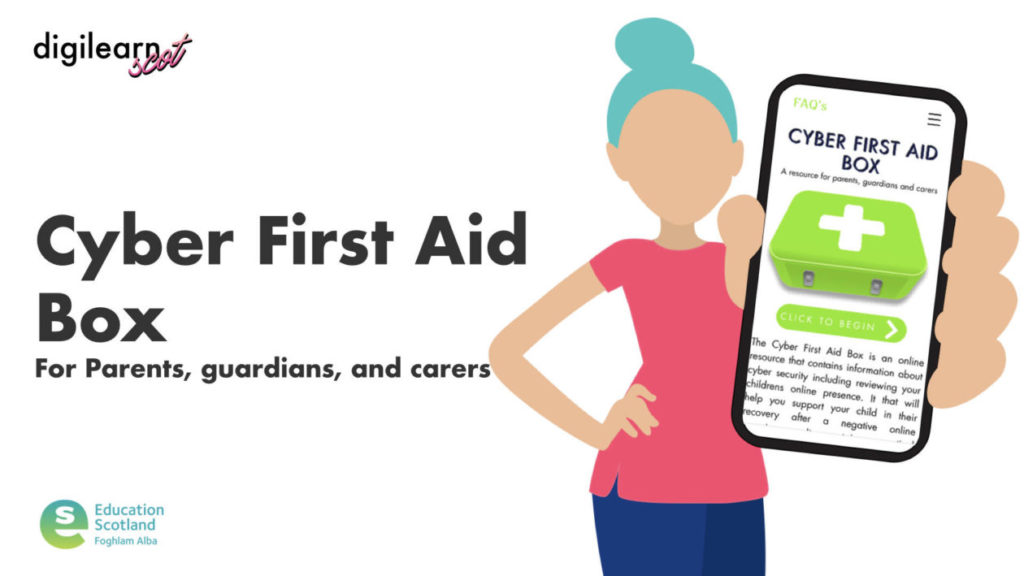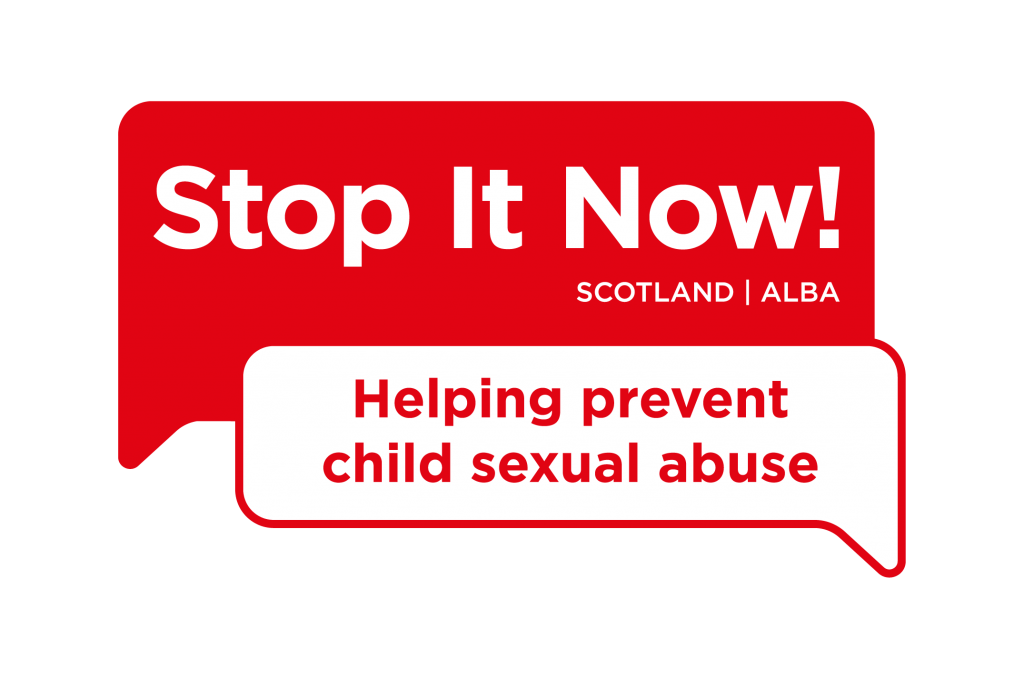ipsum lorum
ipsum lorum
ipsum lorum
ipsum lorum
ipsum lorum
ipsum lorum
ipsum lorum
ipsum lorum
ipsum lorum

ipsum lorum
ipsum lorum
ipsum lorum
ipsum lorum
ipsum lorum
ipsum lorum
ipsum lorum
ipsum lorum
ipsum lorum
Education Scotland have collaborated with Girvan Academy in South Ayrshire to produce a set of resources that combine the SQA level 4 units in Cyber Security Fundamentals and Internet Safety. These resources reinforce our belief that every learner should have the knowledge and skills to use the internet and online services safely, allowing them to spot potential risks and recover from any potential harm, they face while using online services.
The following teaching resources have been created:
Assessment evidence
The assessor will use the portfolio approach to generate evidence that learners have achieved these units.
A learner must complete the Getting Started with Online Accounts booklet, one of the relevant ”Getting Started with Chromebook/iPad’ booklets (depending on what device they have set up), and then the assessor must complete an observation checklist for every learner:
The teacher answer booklet and prior verification certificate can be downloaded from the SQA secure site.

Designed in partnership with Decode Cyber Solutions and Education Scotland’s Digital Skills team – it is a free resource available to everyone.
Clicking on the image or link will open a new browser tab to the Cyber First Aid Box website. The site will ask a series of questions to help families determine the best response to a harmful online incident, including how to approach the subject with children & young people, possible solutions, and the first steps to recovering from it.

CONSUME
CREATE
COMMUNICATE